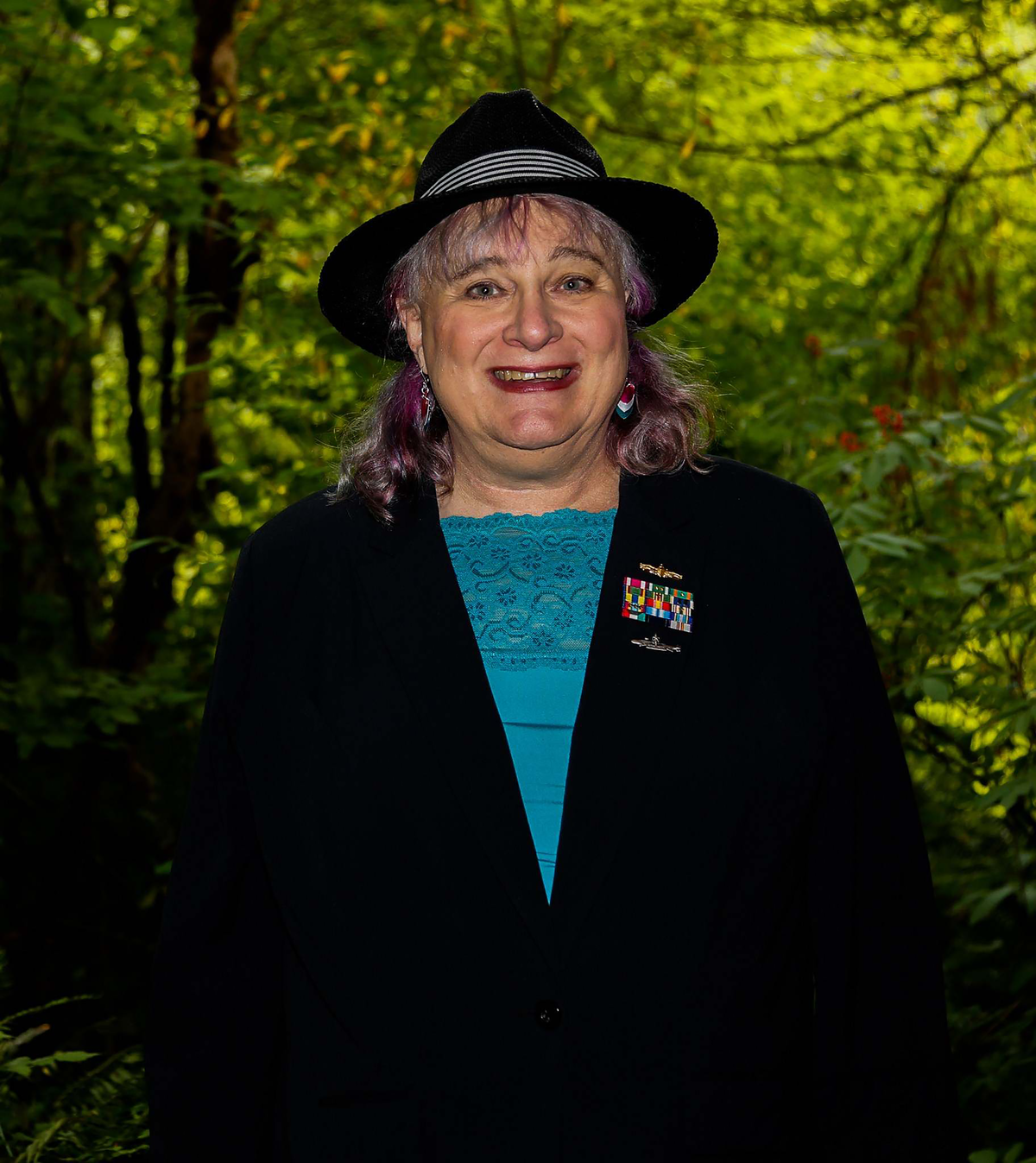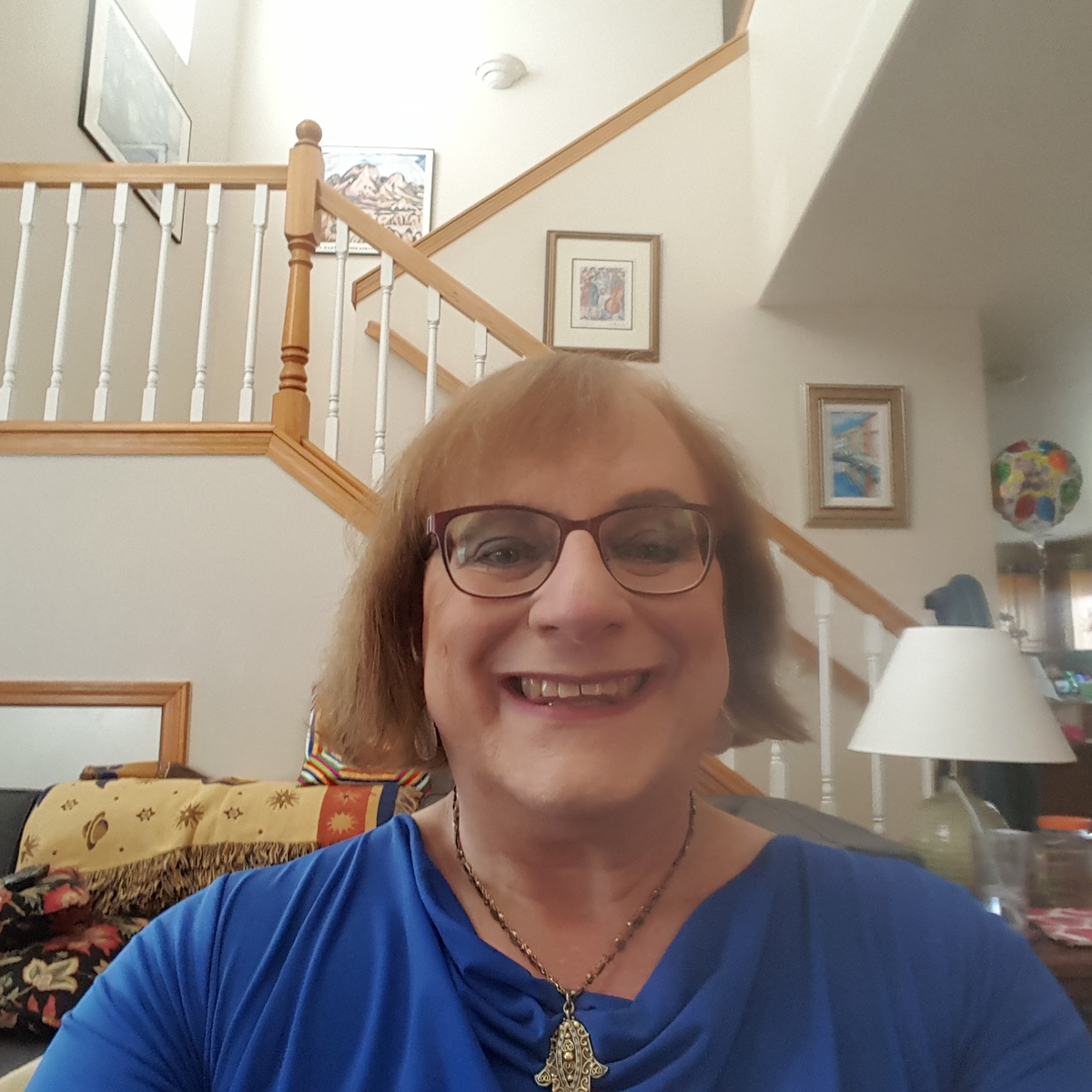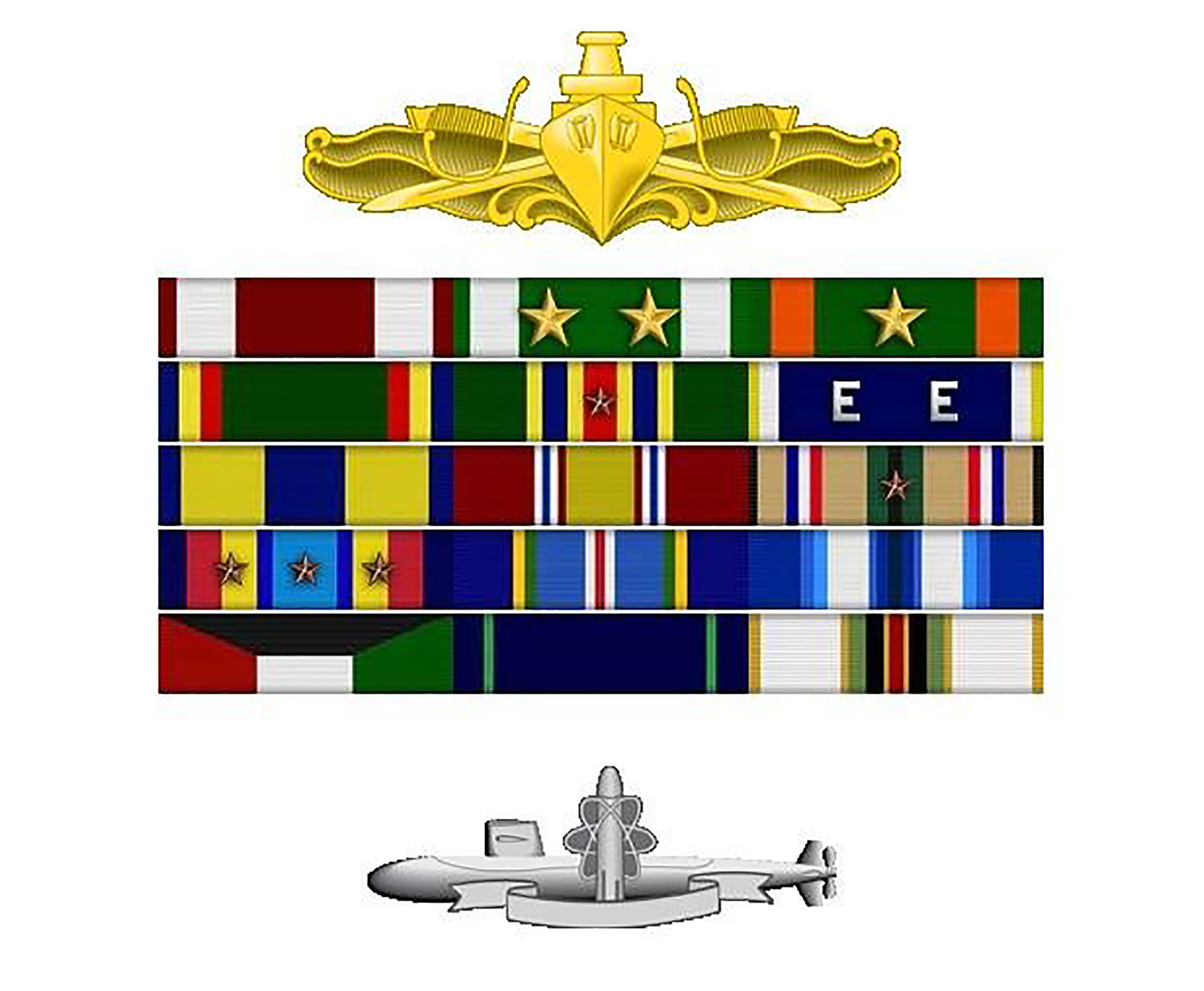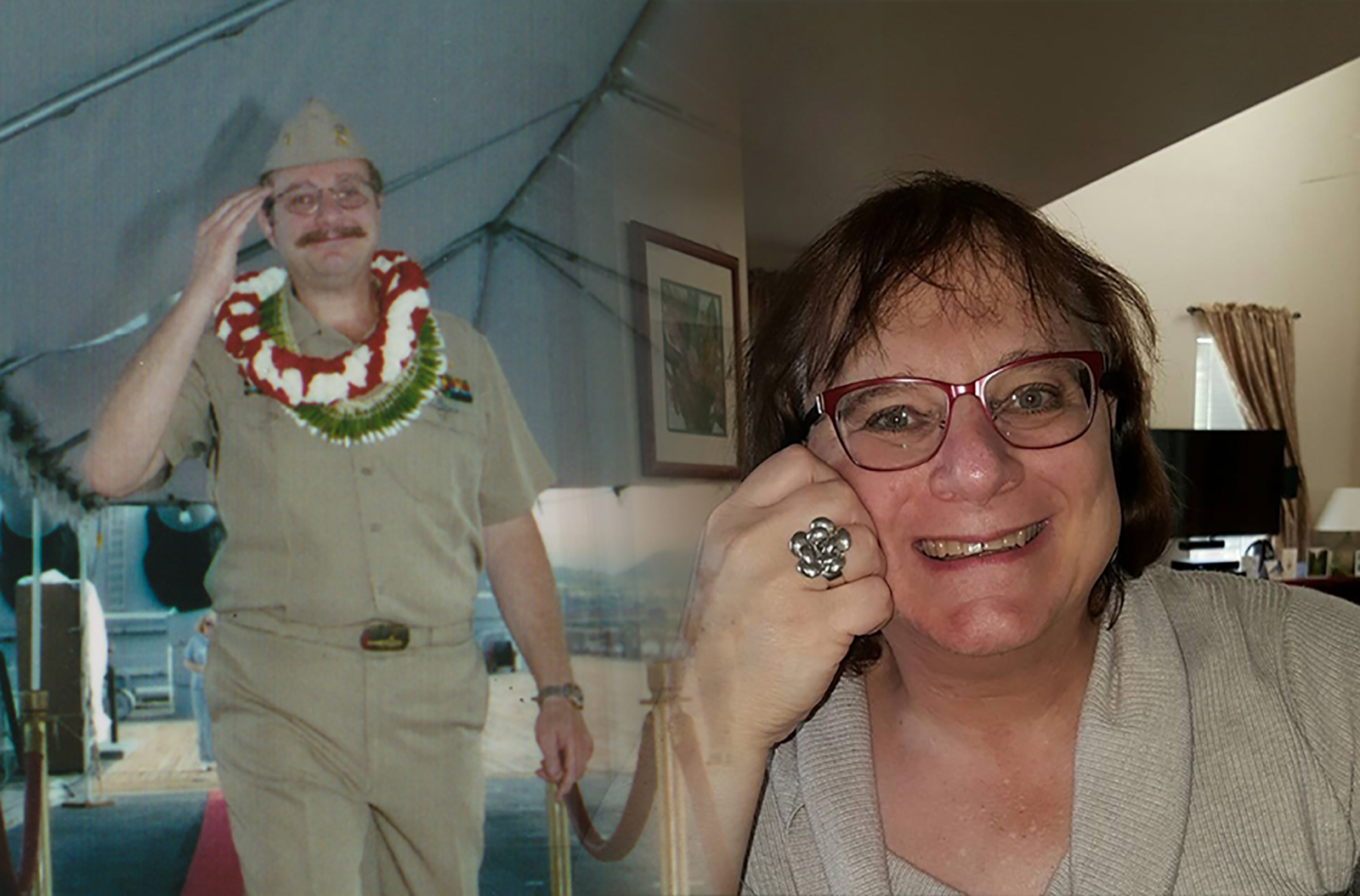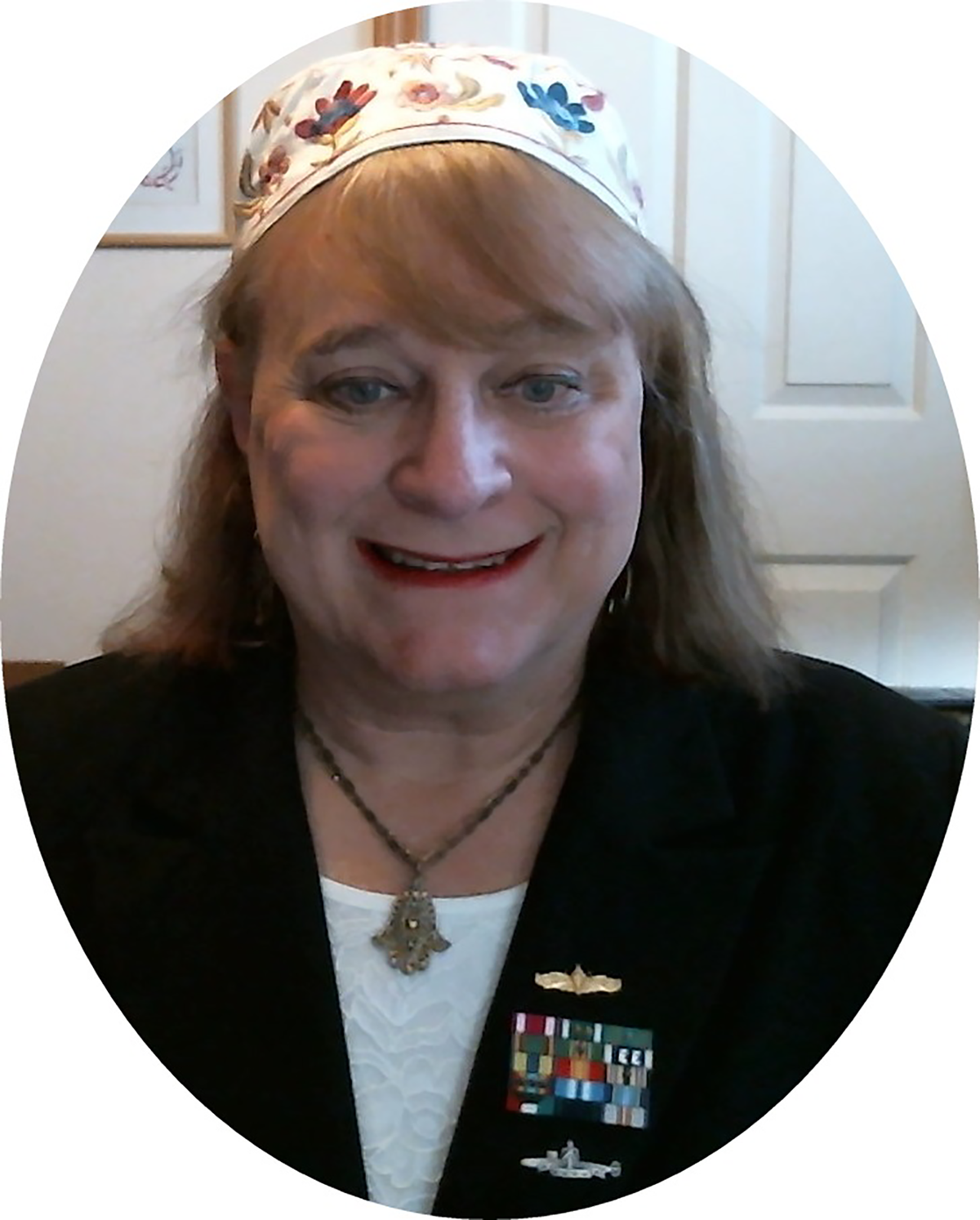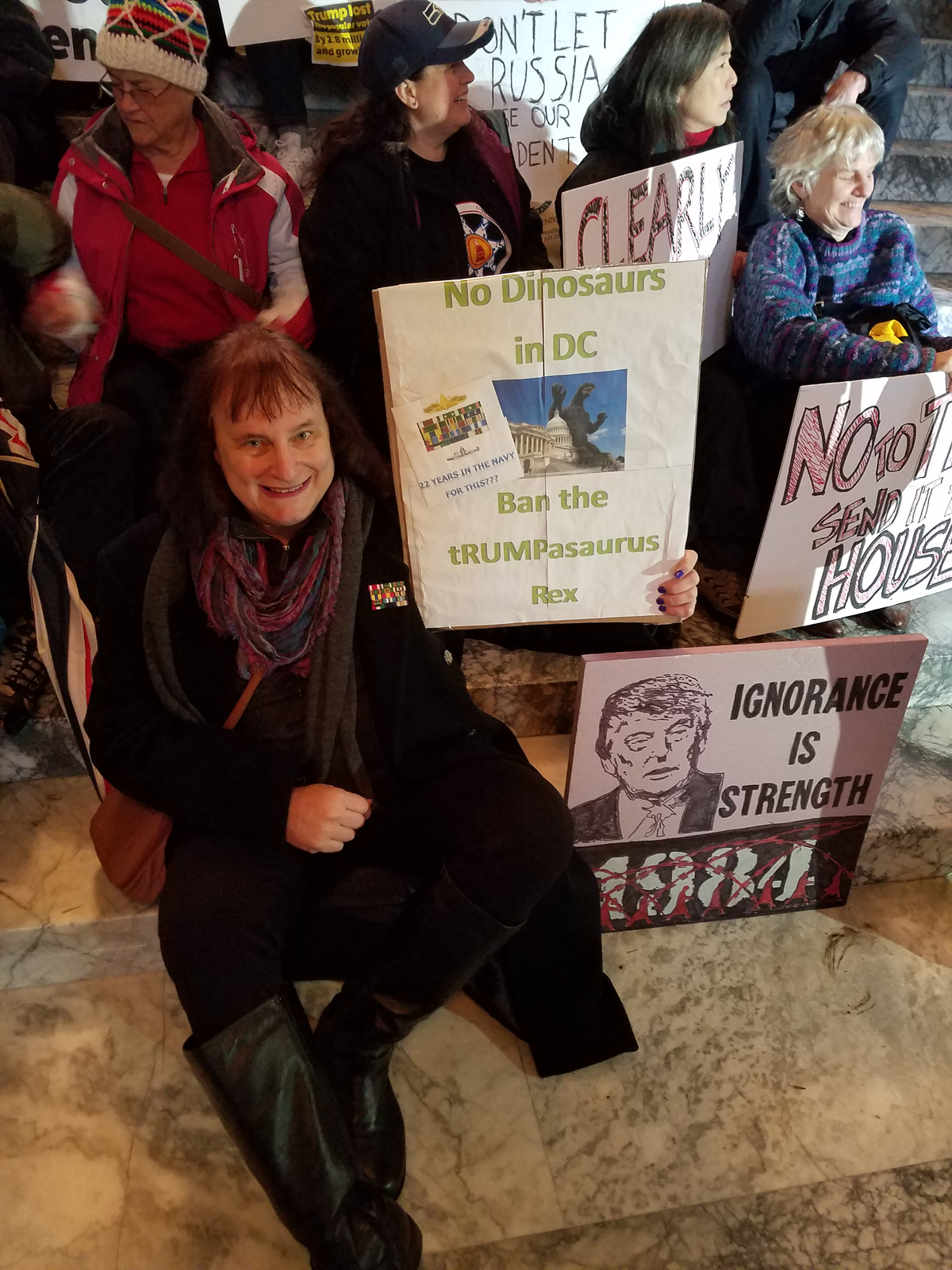I was born in Arcadia, which is a suburb of Los Angeles in L.A. County. My mother was a public-school teacher, my father did research into solid-state electronics back in the early days of miniaturization stuff. We moved around a lot in early childhood, finally settled in San Jose in the seventies, and she worked at the same school in Eastside San Jose teaching ghetto and barrio kids for almost forty years, teaching them middle school math. My sister has followed in her footsteps, and is very close to retirement now, as a math teacher in San Jose. Her husband is a colleague of hers at the same school in San Jose, and their oldest and youngest are also public school teachers. So, education is kind of the family business. My brother is a captain in San Jose Fire Department, he’s currently the Public Information Officer.
My father kind of did his own thing, you wouldn’t have defined it necessarily as purely Orthodox. Later in life, he said that he identified as an Orthodox Jew. Back then, Conservative Judaism wasn’t really that big of a thing, and there wasn’t much distinguishing it from Orthodoxy anyway. We were Kosher, and sort of modified Shabbat-observant. As kids we were allowed to watch TV, and I went to high school football games and stuff like that, but you know we never worked or went to school or anything. And you know when I took the SATs I took them on a Sunday, you know things like that. The synagogue in San Jose that we went to then, that I go to now when I’m in San Jose, at the time it was called Traditional, so it was basically Modern Orthodox with a mixed seating. Now they’re Conservative, so that congregation has undergone a transition, and so has that whole area. It’s kind of a bustling Jewish area. It’s really kind of a cool place to visit now.
After a couple years of college and realizing that college at that point wasn’t the best bet for me, I enlisted in the Navy and enrolled in the Nuclear Power Program. While I was in the training pipeline, I was awarded an ROTC scholarship and went to UCLA, finished my college degree, got commissioned, and went to Nuclear Power School in Orlando for the second time – first as an enlisted man, then as an officer – and then Prototype Training in New York, Submarine School Training in Connecticut, and then to U.S.S. Hawkbill. That was November of ‘83. It was a Thursday I reported aboard the boat. The next day I went to Kabbalat Shabbat services at the Aloha Jewish Chapel on Base. I met the woman who I’ve been with for thirty-four years.
I’m not a member of the Rabbinical Assembly, but I am a member of the Conservative movement. I was ordained from the Academy of Jewish Religion in Yonkers, New York, and they are the first pluralistic, non-denominational seminary in the country. And AJR ordains people of any, every denomination, and they have faculty of every denomination. It’s a really wonderful place to learn, and it’s a wonderful place to teach. There are some AJR alumni who have joined some of the major rabbinical associations. I haven’t, and that is in large part due to my military injuries. When I was stationed on board U.S.S. Long Beach in the mid-nineties, I suffered some neck injuries, and at the time they didn’t seem terribly onerous, but towards the end of my career I started having some mild limitations and you know I retired by the end of 2000. By 2005 I was already in severe pain and I was in a chaplaincy residency program at a hospital in Philadelphia, doing full-time chaplaincy work. Things got so bad that after all the non-surgical options were exhausted, I ended up having two operations on my neck, and I lost so much training time that I had to leave the program, and I haven’t worked since because the pain has been so significant. I also have debilitating headaches, and that’s the biggest thing that keeps me from working, because they’re unpredictable. It’s hard to maintain scheduled work hours when you have a situation like that. But I’m innovative. I’m well-connected online, and I’ve established myself as a very strong resource for people who are struggling, and I serve people in the Jewish community, veteran community, the transgender community, sometimes the intersection of two or more of those. I provide support services through the Soldiers Project, which is a nonprofit that provides free professional counseling to active duty members, veterans, and their significant others, for post-9/11 service. I also provide counseling services as needed to people in the transgender community.
The first few years were different schools and training, which I already described: the enlisted, nuclear power pipeline, ROTC, the Officer Nuclear Power Program. Then U.S.S. Hawkbill, which was a fast attack boat in Pearl Harbor, I was assigned as main propulsion assistant, so I was in charge of the engines that drove the ship, the generators that created power, and the associated steam piping in the engine room. We did an ice operation that was an extended time under the ice, and as a result I suffered an injury to my ear, which led to my being disqualified by from submarine service. After that I transferred to U.S.S. California, a nuclear power-guided missile cruiser in Alameda, California. I was assigned as Damage Control Assistant, responsible for all the personnel and equipment associated with saving the ship in the event of fire, flooding, collision, nuclear attack. During that time, I qualified as a Nuclear Chief Engineer, and Surface Warfare Officer. After that tour, transferred back to nuclear power school. So, my third tour at Nuclear Power School I was a teacher. I taught chemistry, materials and radiological fundamentals to enlisted operators. After that tour, went to Department Head School in Newport, Rhode Island, and then I did a tour as Weapons Officer on board U.S.S. Capadanno, which was an anti-submarine frigate. We did a Mediterranean deployment while I was on board her, as well as Caribbean deployments and some escort duties. After Capadanno, I transferred to U.S.S. Shenandoah, which is a nuclear-capable repair ship that was stationed in Norfolk. We also did Mediterranean deployment, and that was during the time of Desert Storm and Provide Comfort. Our assignment was to provide material and repair support to the task force that was operating in support of Provide Comfort. After that, I transferred to U.S.S. Long Beach, the first nuclear power cruiser, and I was assigned as Main Propulsion Assistant again. On Long Beach, we did a six-month Caribbean counter-narcotics operation, and we went into the shipyard and decommissioned her. After Long Beach, I transferred to Commander Operational Test and Evaluation Force in Norfolk. I was in charge of managing and testing The Global Command and Control System and all of its service-specific subordinate systems. It’s basically networked, command and control gear using off-the-shelf Unix computers rather than purpose-built military hardware computers, so it was a huge change in the way the military was looking at acquiring, designing, and building management systems. By using off-the-shelf hardware, you can upgrade much more easily; it adds a lot of flexibility to that. My final tour was back to Pearl Harbor, where I was assigned to Headquarters US Pacific Fleet, and I oversaw cruise missiles for the Pacific fleet.
My injuries to my neck occurred onboard the Long Beach and started getting bad while I was at Pacific Fleet. I retired from the Navy the end of 2000. We moved to Philly, and I started grad school at Gratz College, getting Masters Degrees in Jewish Education and Jewish Studies. And then I went to the Seminary at the Academy For Jewish Religion. It was during that training that things got so bad that I ended up having to leave the work. I served a couple of different congregations along the way. Right now, my life is just helping people where I can, and the odd political action. I’m also involved with the Jewish Federation’s Community Advocacy Network, and being in Olympia, they call me to go make testimony at hearings sometimes.
There were rare occasions when people tried to proselytize, but I’m pretty bullheaded. I would just warn them that they’re in violation, and if they keep pestering me, they’re gonna get written up. In general, people don’t keep pestering me. Jewish observance in the military was relatively easy during my time. I wasn’t super observant most of my time in, but I started getting more observant towards the end of my career and got permission to wear a kippah all the time even though I was a line officer, not a chaplain. When my father passed away, I had permission to not shave during shloshim, and wear the uniform. The Navy was flexible about things, so it worked out pretty well.
I topped out at Lieutenant Commander so I had to retire, and I was ready to retire at that point anyway. I had been in for 22 years and fortunate to not have had combat and you know nobody's death on my conscience. I was ready to go to the next phase of my life. That was the end of 2000. It wasn’t until 2015 that things started getting so loud in my head that I had to start looking into what's going on and trying to figure it out. I was about 40 when I retired, and about 55 when I started transitioning. There are some transgender people who, like Jazz Jennings, know without a doubt from the time they are sentient that they are trans and that they have to transition. There are others like me who take longer to figure it out. In looking back on my life, a lot of the signs were there. A lot of the characteristics that I displayed of my personality, as well as bodily characteristics, indicate that I’ve been trans all along. It just took me a while to find the language and figure it all out. My wife has said that she likes me better as Rona. That I’m a lot more easygoing, I’m a lot happier. Anybody who knew me before and knows me now has commented on how much happier I look. I'm a lot more relaxed, and a lot of that is attributable to the estrogen therapy, which for trans women is life-saving. And everybody wants to know about the sex, but you know, the general rule is you don’t ask somebody who’s trans what’s in their underwear.
My sister is a huge queer ally, and her classroom has been a safe place for queer students at her school for as long as I can remember, long before I revealed to her that I was trans. My brother took a little bit longer to come around, but he has. My dad died in ‘99 so I don’t have to deal with that, which is a relief, to be quite honest. My mother said she didn’t really understand this whole business of my being trans, but she was my mother, and she was never going to turn her back on me and reject me, and she didn’t understand how any mother ever could.
I can tell you that in trans advocacy and activism and support, I have dealt with so many kids whose parents have rejected them. The largest percentage of homeless kids are queer kids whose parents would rather see them dead than queer. It is very sad, and it really comes down to grossly misguided misreadings of the Bible by Evangelicals. They always forget about Leviticus 18:5, which says, ‘These are the things that you should do to live by them,’ and Rashi says on that, ‘And not die by them.’ Lifesaving transcends every shabbat and mitzvah. And it’s well established that allowing a trans person to transition is life-saving. The National Transgender Discrimination Survey shows that over 40% of trans adults have attempted suicide at least once. The research is very clear that this is not because there is a correlation between being trans and being mentally ill, but due to all the external stressors. The inability to get work, the lack of family support, the lack of medical care, the inability to transition because of family situation, employment situation, whatever it is. The lack of health care insurance; it’s not inexpensive to transition genders. It’s a huge problem. And the other thing that we keep coming up against is these anti-transgender bathroom bills. You know, two years ago was a short legislative session here in Washington, they were supposed to be fixing the McCleary Bill, which they never did, yet there were six different bills in the legislature to prevent transgender women from using public restrooms.
Being trans in the rabbinical community
The Liberal community is absolutely in love, they are thrilled to have more transgender people around. There’s another transgender woman Rabbi who lives in Seattle, and there are various trans rabbis throughout the country and outside of the US including, Israel. The Orthodox community is a little bit different, in some cases supportive, in some cases not so supportive. When I wrote an essay last year saying that gender transition should be considered an obligation for transgender Jews based on the precept of life-saving, I had an Orthodox rabbi who read it, and while he didn’t write an endorsement on it publicly, he did state that he thought it was a very well sounded out argument that I provided.
I tell people to try to be an influence in your own ZIP code and not try to take on the whole world right from the start. I also know that I am not going to be running for political office, even though I have a lot of very strong ideas about how things could be done better, but that's related to my disability. I just don't have the energy to commit to being a politician. So I exert my influence politically in being a member of the Jewish Community Advocacy Network (J-CAN) at the Federation, and in testifying for various bills in Olympia. Some of them relate to transgender issues, some to Jewish issues, some to other issues. J-CAN followed McCleary very closely even though it's not a directly Jewish issue because it's of huge interest to those of us in the community. I’m a registered Independent, I’m not a member of the Democrat Party anymore, I got really disgusted with partisan politics and so I don’t send any money to either party. I would really like to see a strong third party in this country. If there are people running for office who I support, I’ll write them checks, I’ll do work to help them campaign, as appropriate. So that’s politically my involvement right now. Periodically there are rallies and protests in Olympia, and if I'm able to attend those you know, as long as I’m physically able and as long as it’s not on Shabbat or Yom Tov, then I'll be there. I do vote in every election, even though in Washington the vast majority of elections are ridiculous and can be combined into many fewer elections. And we’re all praying. As was said in Fiddler on the Roof when the member asks the rabbi, “Rabbi, do you have a blessing for the Czar?” [laughter and singing] “May the Lord Bless and Keep the Czar… as far away from us as possible!” So that’s my blessing for Donald Trump.
As far as Israeli politics, I believe that ‘Netanyahu has to go. The problem is that they have too many political parties and it's hard to build a coalition and they are pushing too many social things that are undoing all of the history of what Israel is. In addition, Netanyahu is pushing settlement in the West Bank, which is very troublesome. In a perfect world I would love to see all of Israel be Israel. The Mandate and the Partition Plan gave Israel as the Jewish home in Palestine, and Jordan as the Arab home in Palestine. But Palestinians are not welcome in Jordan, Israel, Egypt, Syria, Lebanon, so where are they supposed to go? The reality is, just like Gaza is no longer part of Israel, the West Bank is going to not be a part of Israel either, so you know there's plenty of land that could be built in Israel. Israel is the only country in the Middle East that’s turned desert into oasis. Israel is the only country in the Middle East that has industry outside of energy. You know tech industry, medical industry. You don’t see that in any other country in the Middle East. They have so much to offer, but they’re being so horribly clobbered by bad politics and bad decisions based on hatred and ignorance. However, I do find it interesting the number of people in this area who would like to see Israel return to the Palestinians, disregarding 3,500 years of history, for a group that didn't even exist until 1970, and didn’t have the land until after we were kicked out. Yet they don't think about think twice about living on land taken from the First Nations people, it's kind of ironic.
